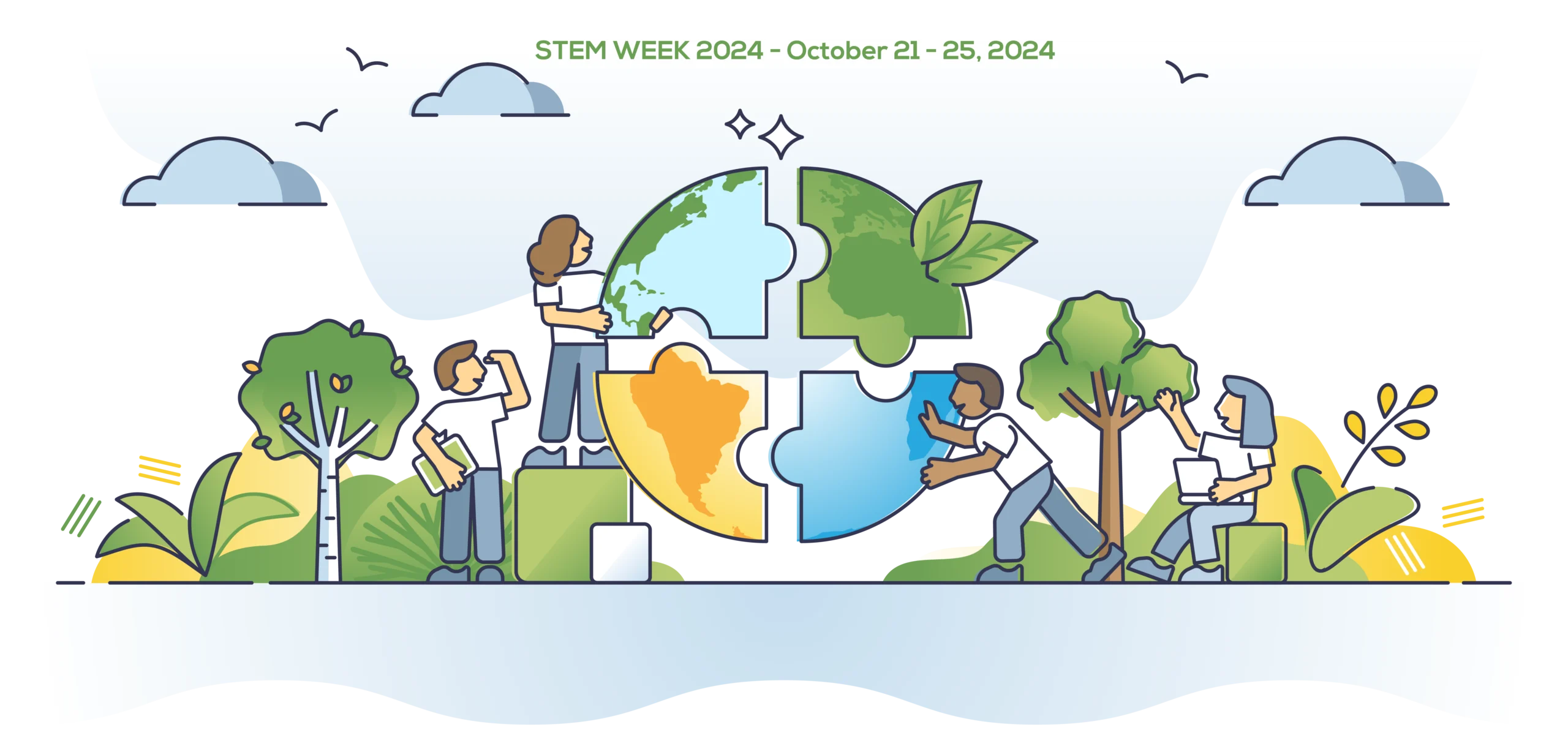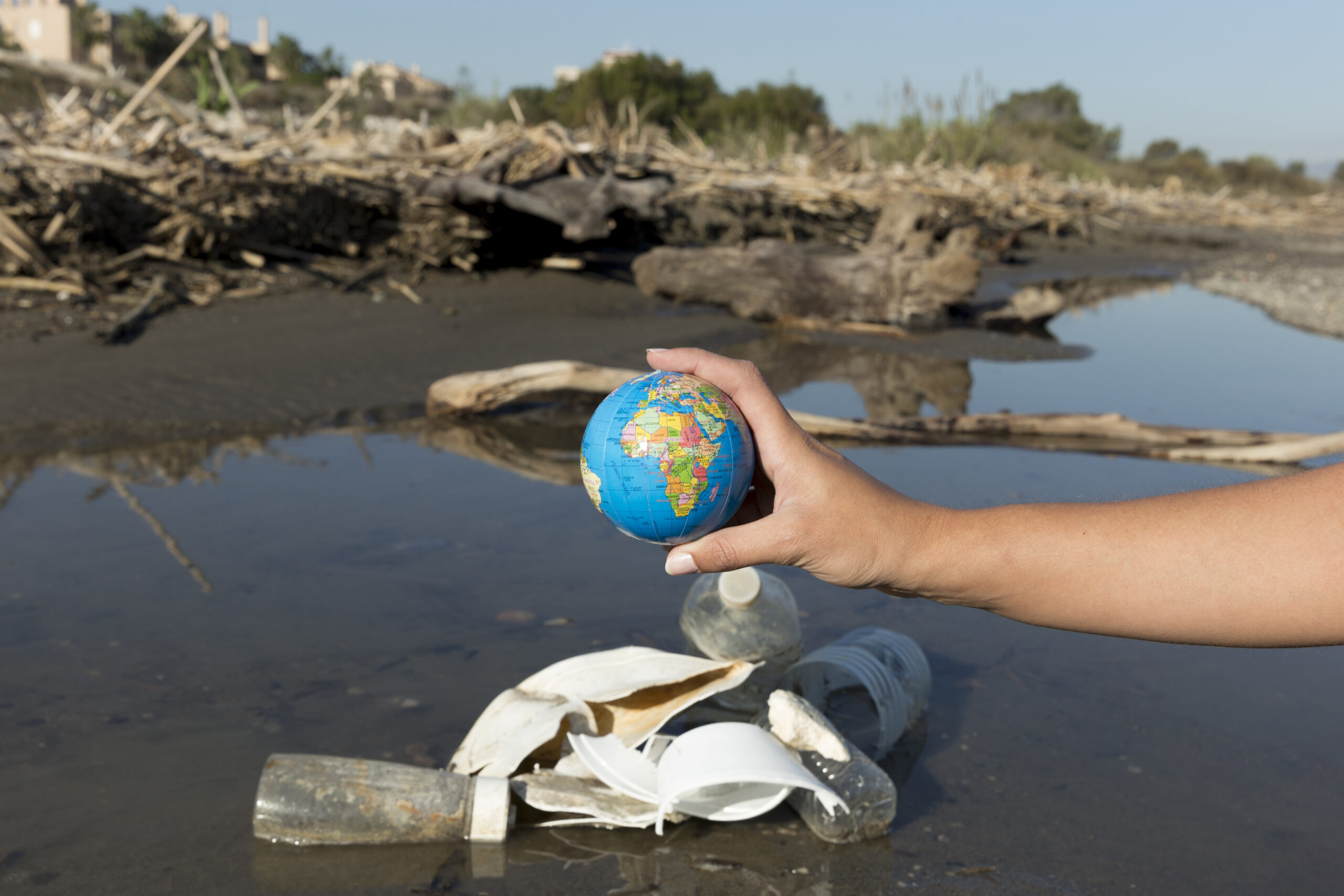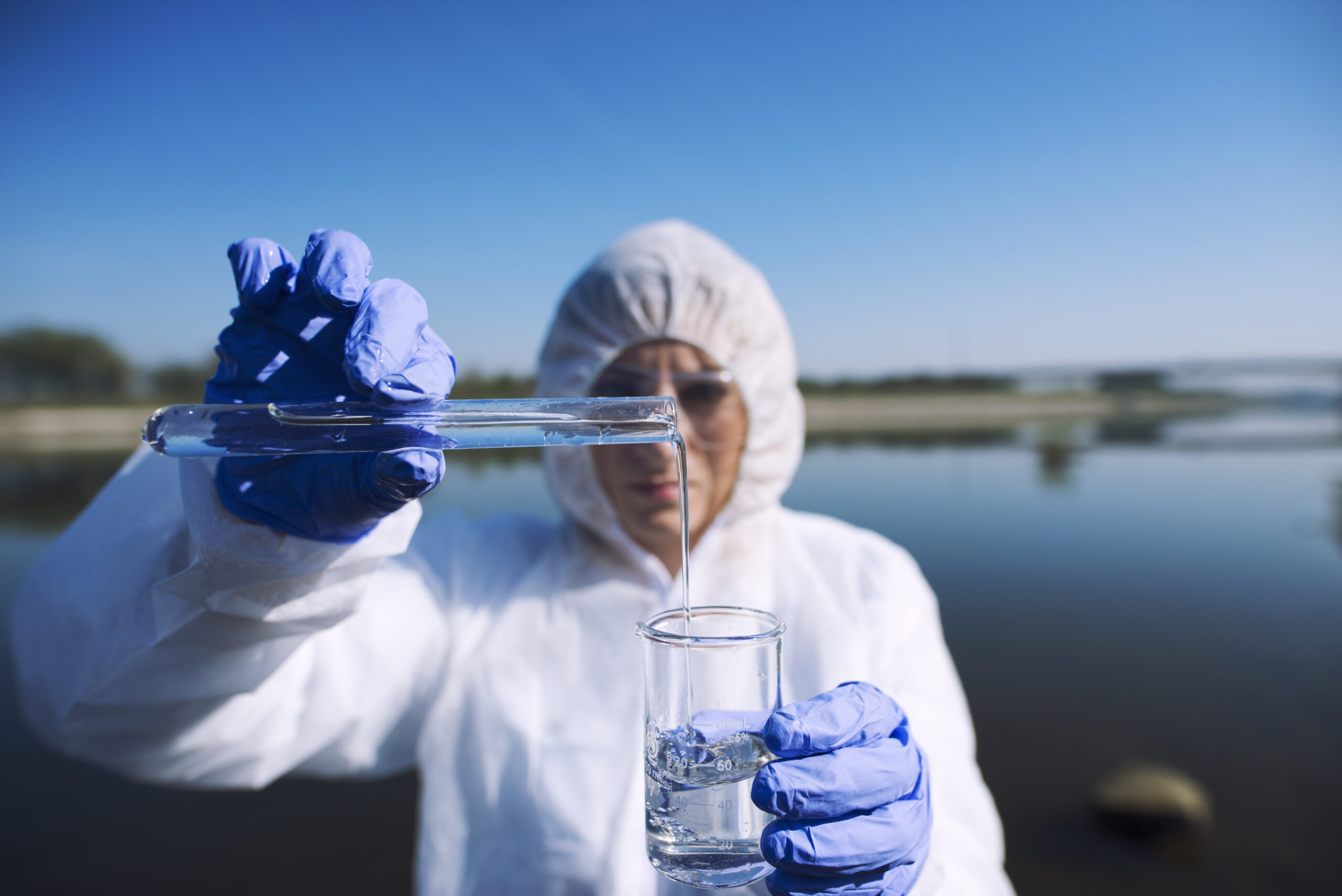
STEM GOES GREEN
STEM GOES GREEN
How Human Activities Impact Water Resources
MASS STEM Week is back, and this year’s theme is all about exploring the intersection of STEM (Science, Technology, Engineering, and Mathematics) and environmental sustainability. Under the theme “STEM Goes Green: How Human Activities Impact Water Resources,” we are diving into one of the most pressing environmental issues of our time—water resources and the impact of human activities on this critical element.
Massachusetts STEM Week 2024
This year for Mass STEM Week, students from all over the Commonwealth of Massachusetts will participate in a special project, ‘STEM Goes Green: How Human Activities Impact Water Resources.’ This program will deepen their understanding of environmental engineering and sustainability, focusing on how human activities affect water systems. Participants will explore careers in green engineering and environmental science, learning how professionals design solutions to reduce water pollution, conserve resources, and manage ecosystems. Students will have fun applying engineering principles to create eco-friendly designs using everyday materials while addressing real-world environmental challenges.
Mass STEM Week
Massachusetts STEM Week (Oct 17-21, 2023), is an annual statewide event that offers Kids in Tech participants even more opportunities to learn about STEM fields.
During the previous Mass STEM Week in 2023, students were actively involved in the Everyday Engineering initiative, which aimed to broaden their awareness of careers in the field of engineering. Throughout the program, participants immersed themselves in hands-on activities, exploring the various facets of engineering disciplines.
The program’s highlight will be a culminating project where students apply principles of green engineering to develop innovative solutions for preserving and protecting water resources.




How do human activities impact water resources, and why is this impact important?
- Human activities like farming and industrial production contaminate water sources with harmful chemicals, threatening public health and ecosystems.
- Excessive water use in agriculture and industry depletes water reserves, leading to shortages and long-term damage to ecosystems.
- Human-driven climate change disrupts natural water cycles, causing extreme weather events and threatening water availability for communities.
Environmental and Climate Career Options
Here are six career paths related to human impact on water resources based on environmental studies and research roles according to Prep Scholar‘s website.
Environmental Scientist
Studies the effects of human activities on the environment, including water testing, to develop solutions that minimize ecological damage.
Water Resources Engineer
Designs and oversees projects to improve water quality, flood control, and water conservation techniques.
Hydrologist
Specializes in studying water movement, distribution, and quality to ensure sustainable management of water resources.
Environmental Policy Analyst
Evaluates and develops policies related to environmental protection, focusing on regulations that impact water resources.
Conservation Scientist
Works on managing the use of natural resources such as water, balancing human needs with environmental preservation.
Ecologist
Studies ecosystems, including freshwater bodies, to understand the impacts of human activities and develop conservation strategies
Pre-Challenge Questions?
We are here to answer any questions you might have about implementing this STEM Challenge!
